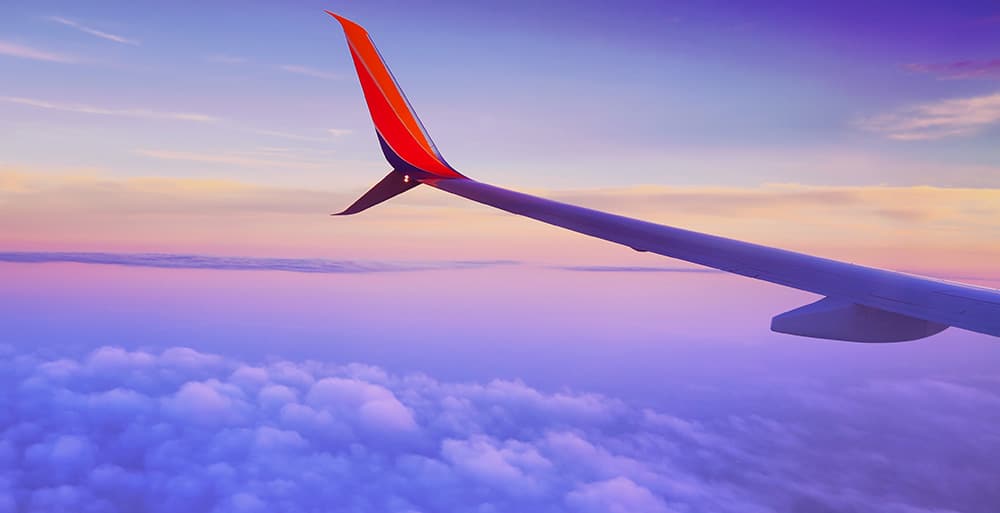Airlines are starting to follow Starbuck’s lead in combining payments and loyalty to deliver notable benefits to the bottom line.
By Phil Britt
Starbuck’s has broken out the benefits of its financial benefits of its loyalty program in its reports to shareholders and has become the program that most others want to emulate.
PYMTS.com, citing a Wall Street Journal article, reported that American Airlines’ revenue from its loyalty program rose 7 percent to $1.4 billion in the second quarter of the year, while the air carrier’s total revenue grew by only 4 percent for the quarter.
Other airlines also had financial benefits from loyalty, according to WSJ, though the details aren’t spelled out.
New Aeroplan Owners
It’s these types of financial benefits that were likely behind Air Canada’s decision in July to attempt to purchase Aeroplan from Aimia. The initial proposed deal offered Aimia $250 million in cash and assumption of approximately $2 billion of Aeroplan’s points liability. According to press release issued by Air Canada and its deal partners – Toronto Dominion Bank, Canadian Imperial Bank of Commerce and Visa -- the proposed transaction, would have transitioned Aeroplan members’ points to Air Canada’s loyalty program scheduled to launch in 2020.
Aimia rejected the initial offer, saying it undervalued Aeroplan, but in August agreed to the deal for a total of $450 million.
Movement to Card Payments
Further demonstrating the importance of loyalty to airlines’ business is the continuing trend of airlines to exclusively accept debit and credit cards for payments, a move the PYMTS.com article discussed. Though they didn’t cite the ability to drive loyalty as the reason or even as part of the reason, airlines in many airports are no longer accepting cash, according to the article.
By not accepting cash, these airports are forcing passengers to use credit or debit cards for payments. While cash may have represented only a small percentage of payments anyway, the elimination of cash payments as an option could drive more customers to use an airline’s loyalty card for payment. It’s a natural step, why wouldn’t someone who has, for example, a co-branded American Airlines credit card use that for payment rather than a card that would earn loyalty points at a retailer like Amazon Prime or Starbucks. The consumer could certainly choose a non-airline card, but flights can be expensive, meaning high point totals to build toward aspirational awards, like a free flight, more quickly.
Phil Britt is a reporter for The Wise Marketer.


